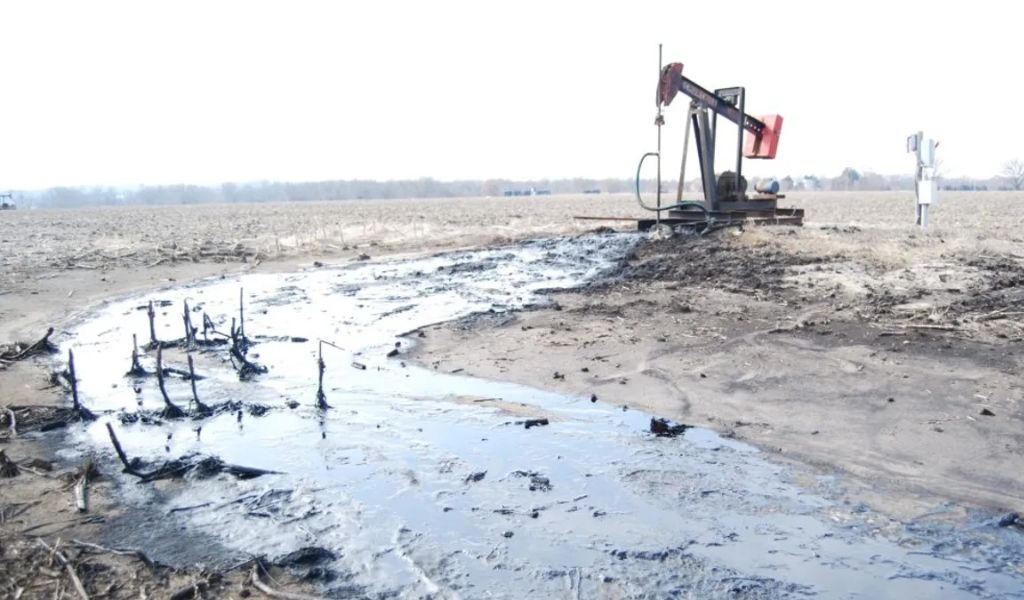Kansas (KSNT) – In Kansas, more than 450,000 gas and oil wells have been drilled. According to ProPublica, those wells are currently causing a $1 billion remediation deficit.
Have you ever wondered what happens to Kansas’s old, deserted oil derricks? According to the Kansas Corporation Commission (KCC), many oil wells were never properly closed off, potentially having an impact on the environment for up to a century thereafter. Finding many of the undocumented wells that have been overgrown or buried is difficult.
No matter how many wells a company has, it must offer a bond worth no more than $250,000. According to the ProPublica investigation, the New Mexico Oil Conservation Division may ask for more bonds to cover the risk of idle wells.
However, Kansas does not require businesses to set up a bond; instead, they only need to pay a one-time, annual cost of $100. According to the ProPublica study, only $13 in bonds remain for each of the state’s 150,000 unplugged wells after seven out of eight corporations paid the fixed price.
According to the ProPublica investigation, “the state faces about a $1 billion shortfall between the bonds and plugging costs due to its estimated cleanup costs, which experts said may be low.”
Teams from Topeka crack down on sites for the homeless near Kansas River.
ProPublica looked at the number of unplugged wells, the amount of money firms set aside in bonds, and the cost of plugging a well to see if there was a shortage.
Field data from four Conservation Division Districts indicates that plugging a well typically costs $10,739 on average. According to the KCC, well depth is usually the cause of price differences between districts, with deeper wells needing more work to plug.
In Kansas, 453 plugging operations were authorised in 2023, and every project was finished. Ryan Hoffman, the director of the KCC Conservation Division, stated last year that more abandoned wells require plugs than federal funding can supply.

